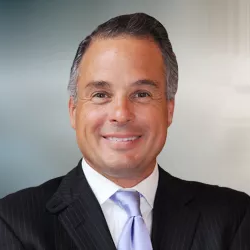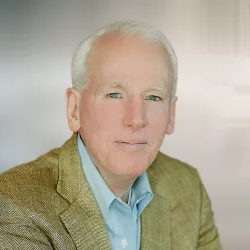Active case
Some brand pharmaceutical drug companies delay generic market entry through “reverse payment” settlement agreements with generic competition. These agreements can have a profound effect as generic entry typically causes consumer and health insurer prices to drop 40 to 80 percent within the first six to nine months. According to a Federal Trade Commission study, this practice may overcharge consumers and health insurers by approximately $3.5 billion every year.
Antitrust lawyers with Motley Rice have been challenging these practices for more than 16 years on behalf of health insurers and consumers in an effort to hold prescription drug manufacturers accountable and deter such conduct in the future. Our antitrust team has experience in pursuing antitrust class actions related to pharmaceutical drugs and is currently involved in the following cases:
Lidoderm
Plaintiffs allege that Endo Pharmaceuticals and Actavis Inc. entered into an unlawful “reverse payment agreement” to delay generic competition for the drug Lidoderm. Endo allegedly gave between $96 million and $240 million worth of free Lidoderm branded product to induce Actavis to delay market entry for one year. Lidoderm annual U.S. sales are approximately $1.3 billion.
Loestrin
Plaintiffs allege that Warner Chilcott (“WC”), Watson Pharmaceuticals Inc. and Lupin Pharmaceuticals Inc. entered into unlawful “reverse payment agreements” to delay generic entry of WC’s oral contraceptive – Loestrin.
Niaspan
Plaintiffs allege that Abbie Vie Inc. and Teva Pharmaceuticals entered a prohibited “reverse payment agreement” in which the branded manufacturer paid the generic to stay off the market for eight years. Niaspan annual U.S. sales are approximately $1 billion.
Provigil
Plaintiffs allege that Cephalon unlawfully protected its Provigil monopoly through a series of agreements with four generic manufacturers in which the generic companies were paid over $300 million to delay market entry for six years. Provigil annual U.S. sales are approximately $1.1 billion.
Solodyn
Plaintiffs allege that Medicis Pharmaceutical Corp. and others filed sham patent litigations and entered into “reverse payment agreements” to induce generic companies to stay out of the market.
Suboxone
Plaintiffs allege that Reckitt Benckiser Inc. created an anticompetitive scheme to keep Suboxone generic rivals off the market. The alleged scheme involved the introduction of a film version of Suboxone and shifting the pill customer base to this new market. The alleged shift, or “product hop,” occurred shortly before the generics were preparing to come to market.

